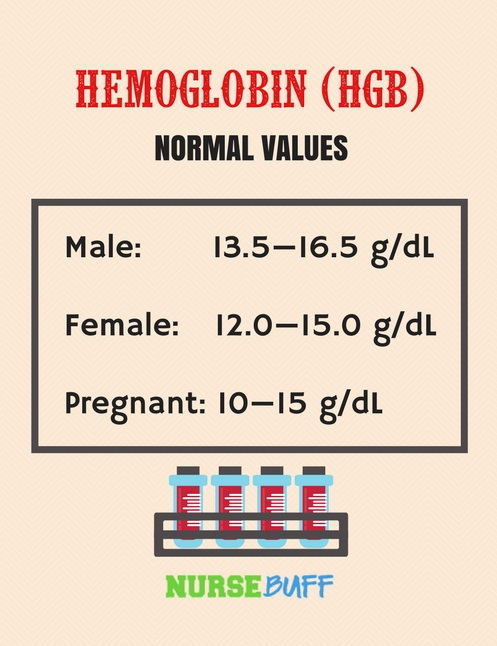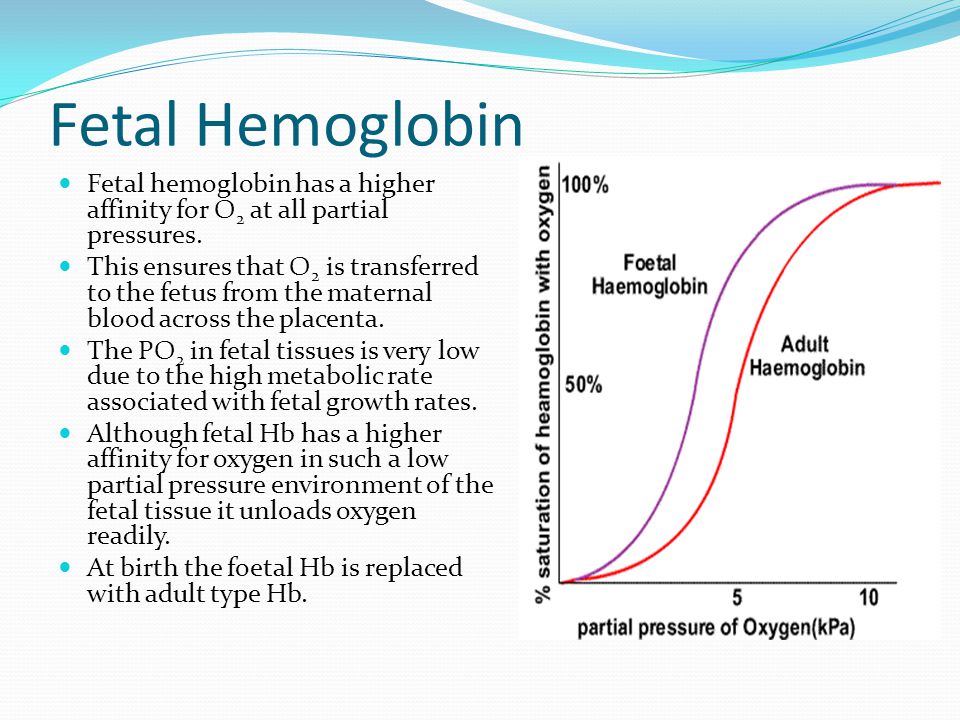

The only cure for preeclampsia is to give birth.

Preeclampsia can cause serious or life-threatening problems for you and your baby. You also have a greater chance of developing preeclampsia, sometimes called toxemia, which is when you develop high blood pressure and too much protein in your urine during the second half of pregnancy. Pregnancy can worsen certain long-term diabetes problems, such as eye problems and kidney disease, especially if your blood glucose levels are too high. What health problems could I develop during pregnancy because of my diabetes? As you get closer to your due date, your management plan might change again. If you have been taking an oral diabetes medicine, you may need to switch to insulin. Even if you’ve had diabetes for years, you may need to change your meal plan, physical activity routine, and medicines. Hormonal and other changes in your body during pregnancy affect your blood glucose levels, so you might need to change how you manage your diabetes. How can my diabetes affect me during pregnancy? 1 Stillborn means the baby dies in the womb during the second half of pregnancy. High blood glucose also can increase the chance that you will have a miscarriage or a stillborn baby. High blood glucose levels during pregnancy can also increase the chance that your baby will be born too early, weigh too much, or have breathing problems or low blood glucose right after birth. High blood glucose levels can be harmful during this early stage and can increase the chance that your baby will have birth defects, such as heart defects or defects of the brain or spine. How can diabetes affect my baby?Ī baby’s organs, such as the brain, heart, kidneys, and lungs, start forming during the first 8 weeks of pregnancy. If you develop diabetes for the first time while you are pregnant, you have gestational diabetes. Plan to manage your blood glucose before you get pregnant. Working with your health care team and following your diabetes management plan can help you have a healthy pregnancy and a healthy baby. If you have diabetes and are already pregnant, see your doctor as soon as possible to make a plan to manage your diabetes. High blood glucose, also called blood sugar, can harm your baby during the first weeks of pregnancy, even before you know you are pregnant. Staying in your target range during pregnancy, which may be different than when you aren’t pregnant, is also important. If you have diabetes and plan to have a baby, you should try to get your blood glucose levels close to your target range before you get pregnant. What tests will check my baby’s health during pregnancy?.What do I need to know about blood glucose testing before and during pregnancy?.How can I prepare for pregnancy if I have diabetes?.What health problems could I develop during pregnancy because of my diabetes?.How can my diabetes affect me during pregnancy?.Keywords: Asian Gestational Diabetes HbA1c Pregnancy Trimesters Reference Values India. Further research is recommended to understand the factors responsible and validate these findings. Conclusion: Compared to non-pregnant women, HbA1c levels were lower in pregnant women, despite women in the T2 and T3 groups having a higher body mass index than the women in the T1 and non-pregnant groups. However, T2 versus T3 was not significant ( P = 0.111). The HbA1c values were significant when comparing T1 versus T2 ( P <0.001), T1 versus T3 ( P = 0.002) and T1 versus the non-pregnant group ( P = 0.001). Results: This study included a total of 1,357 healthy pregnant women and a control group of 67 healthy, non-pregnant women. Statistical tests were used to obtain the normal HbA1c reference values and were considered significant when P <0.05. The HbA1c levels were calculated in terms of non-parametric 2.5 and 97.5 percentiles for women in first (T1), second (T2) and third (T3) trimester groups. Pregnant participants had term deliveries of babies with appropriate gestational weights. Healthy pregnant women were compared to a control group of healthy non-pregnant women. Stephen’s Hospital, Delhi, India, between January 2011 and December 2016. Methods: This retrospective study was conducted at St. Objectives: This study aimed to define trimester-specific haemoglobin A1c (HbA1c) reference intervals in healthy, pregnant South Asian women.


 0 kommentar(er)
0 kommentar(er)
